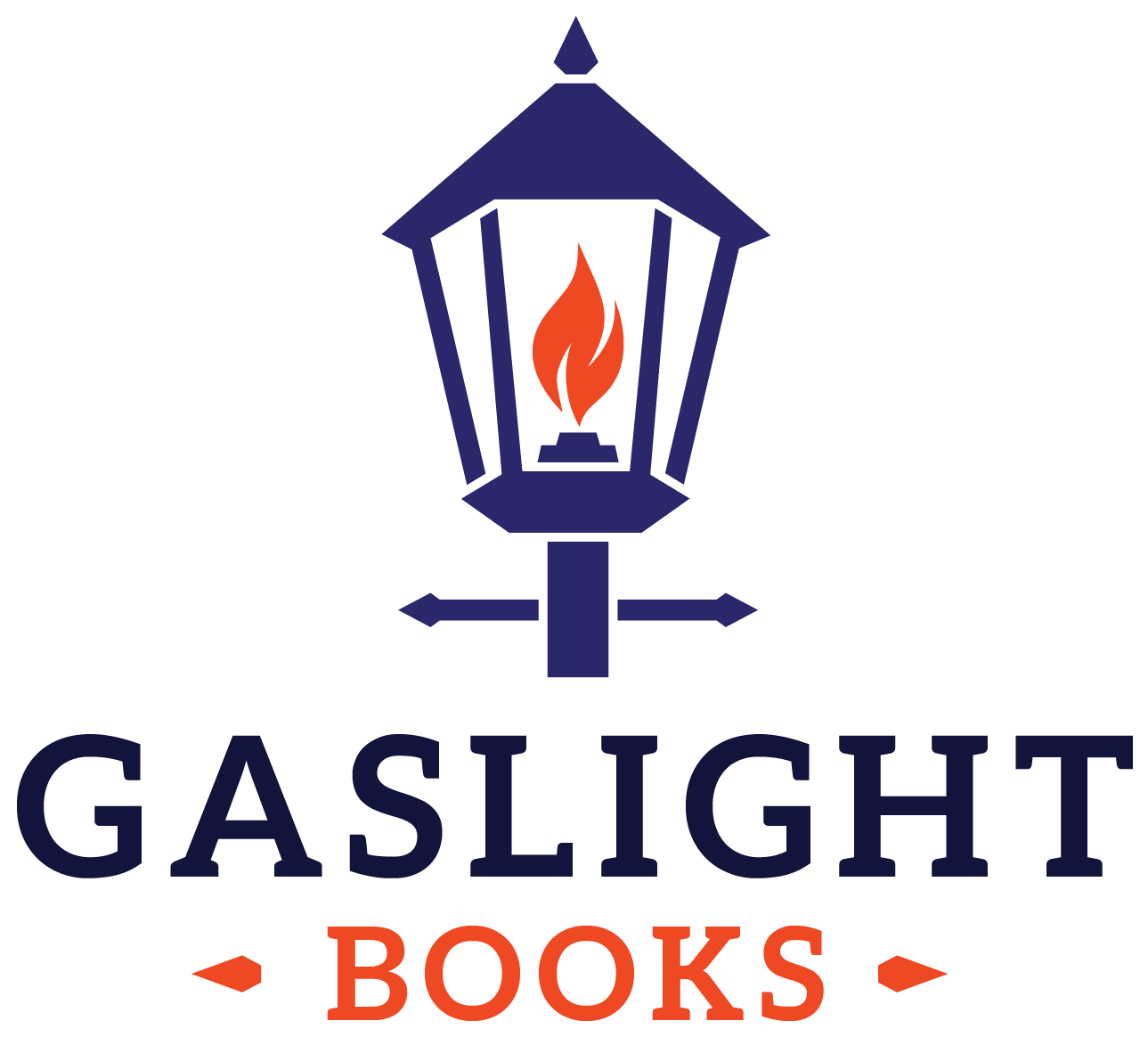Make like Big Brother and watch out for this month’s imaginative stories of dastardly dictators and severe societies.
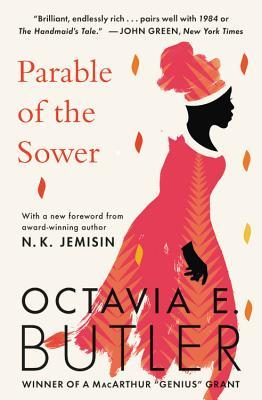
Parable of the Sower
Octavia E. Butler, 1993
When global climate change and economic crises lead to social chaos in the early 2020s, California becomes full of dangers, from pervasive water shortage to masses of vagabonds who will do anything to live to see another day. Fifteen-year-old Lauren Olamina lives inside a gated community with her preacher father, family, and neighbors, sheltered from the surrounding anarchy. In a society where any vulnerability is a risk, she suffers from hyperempathy, a debilitating sensitivity to others’ emotions.
Precocious and clear-eyed, Lauren must make her voice heard in order to protect her loved ones from the imminent disasters her small community stubbornly ignores. But what begins as a fight for survival soon leads to something much more: the birth of a new faith… and a startling vision of human destiny.

Station Eleven
Emily St. John Mandel, 2014
Kirsten Raymonde will never forget the night Arthur Leander, the famous Hollywood actor, had a heart attack on stage during a production of King Lear. That was the night when a devastating flu pandemic arrived in the city, and within weeks, civilization as we know it came to an end.
Twenty years later, Kirsten moves between the settlements of the altered world with a small troupe of actors and musicians. They call themselves The Traveling Symphony, and they have dedicated themselves to keeping the remnants of art and humanity alive. But when they arrive in St. Deborah by the Water, they encounter a violent prophet who will threaten the tiny band’s existence. And as the story takes off, moving back and forth in time, and vividly depicting life before and after the pandemic, the strange twist of fate that connects them all will be revealed.
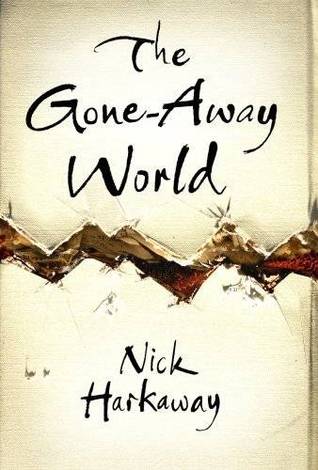
The Gone-Away World
Nick Harkaway, 2008
There couldn’t be a fire along the Jorgmund Pipe. It was the last thing the world needed. But there it was, burning bright on national television. The Pipe was what kept the Livable Zone safe from the bandits, monsters, and nightmares the Go-Away War had left in its wake. The fire was a very big problem.
Enter Gonzo Lubitsch and his friends, the Haulage & HazMat Emergency Civil Freebooting Company, a team of master troubleshooters who roll into action when things get particularly hot. They helped build the Pipe. Now they have to preserve it—and save humanity yet again. But this job is not all it seems. It will touch more closely on Gonzo’s life—and that of his best friend—than either of them can imagine. And it will decide the fate of the Gone-Away World.
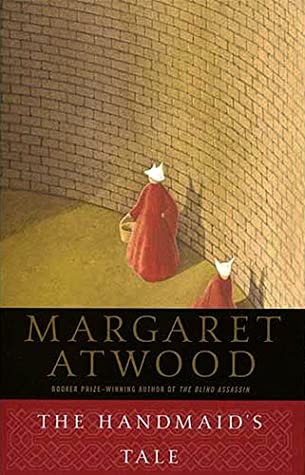
The Handmaid’s Tale
Margaret Atwood, 1985
In Margaret Atwood’s dystopian future, environmental disasters and declining birthrates have led to a Second American Civil War. The result is the rise of the Republic of Gilead, a totalitarian regime that enforces rigid social roles and enslaves the few remaining fertile women. Offred is one of these, a Handmaid bound to produce children for one of Gilead’s commanders. Deprived of her husband, her child, her freedom, and even her own name, Offred clings to her memories and her will to survive. At once a scathing satire, an ominous warning, and a tour de force of narrative suspense, The Handmaid’s Tale is a modern classic.
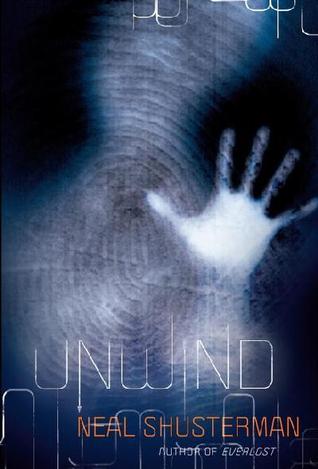
Unwind
Neal Shusterman, 2007
In America after the Second Civil War, the Pro-Choice and Pro-Life armies came to an agreement: The Bill of Life states that human life may not be touched from the moment of conception until a child reaches the age of thirteen. Between the ages of thirteen and eighteen, however, a parent may choose to retroactively get rid of a child through a process called unwinding. Unwinding ensures that the child’s life doesn’t “technically” end by transplanting all the organs in the child’s body to various recipients. Now a common and accepted practice in society, troublesome or unwanted teens are able to easily be unwound.
With breathtaking suspense, this book follows three teens who all become runaway Unwinds: Connor, a rebel whose parents have ordered his unwinding; Risa, a ward of the state who is to be unwound due to cost-cutting; and Lev, his parents’ tenth child whose unwinding has been planned since birth as a religious tithing. As their paths intersect and lives hang in the balance, Shusterman examines complex moral issues that will keep readers turning the pages until the very end.
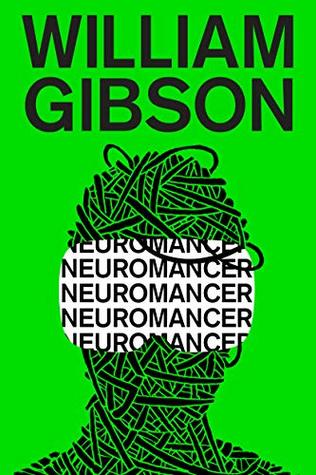
Neuromancer
William Gibson, 1984
Case was the sharpest data-thief in the matrix–until he crossed the wrong people and they crippled his nervous system, banishing him from cyberspace. Now a mysterious new employer has recruited him for a last-chance run at an unthinkably powerful artificial intelligence. With a dead man riding shotgun and Molly, a mirror-eyed street-samurai, to watch his back, Case is ready for the adventure that upped the ante on an entire genre of fiction.
Neuromancer was the first fully-realized glimpse of humankind’s digital future–a shocking vision that has challenged our assumptions about technology and ourselves, reinvented the way we speak and think, and forever altered the landscape of our imaginations.

Blindness
José Saramago, 1995
A city is hit by an epidemic of “white blindness” which spares no one. Authorities confine the blind to an empty mental hospital, but there the criminal element holds everyone captive. There is one eyewitness to this nightmare who guides seven strangers–among them a boy with no mother, a girl with dark glasses, a dog of tears–through the barren streets, and the procession becomes as uncanny as the surroundings are harrowing. A magnificent parable of loss and disorientation, Blindness has swept the reading public with its powerful portrayal of our worst appetites and weaknesses–and humanity’s ultimately exhilarating spirit.
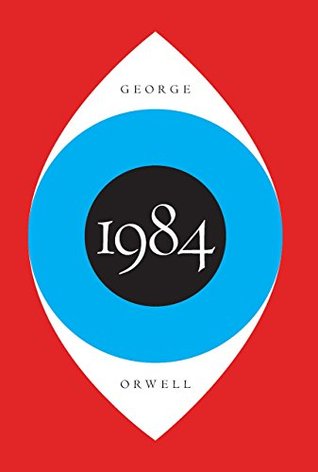
1984
George Orwell, 1949
1984 has come and gone, but George Orwell’s prophetic, nightmare vision in 1949 of the world we were becoming is timelier than ever. “1984” is still the great modern classic “negative Utopia” – a startling original and haunting novel that creates an imaginary world that is completely convincing from the first sentence to the last four words. No one can deny this novel’s power, its hold on the imagination of whole generations, or the power of its admonitions – a power that seems to grow, not lessen, with the passage of time.

The House of the Scorpion
Nancy Farmer, 2002
Matteo Alacrán was not born; he was harvested. His DNA came from El Patrón, lord of a country called Opium–a strip of poppy fields lying between the United States and what was once called Mexico. Matt’s first cell split and divided inside a petri dish. Then he was placed in the womb of a cow, where he continued the miraculous journey from embryo to fetus to baby. He is a boy now, but most consider him a monster–except for El Patrón. El Patrón loves Matt as he loves himself, because Matt is himself.
As Matt struggles to understand his existence, he is threatened by a sinister cast of characters, including El Patrón’s power-hungry family, and he is surrounded by a dangerous army of bodyguards. Escape is the only chance Matt has to survive. But escape from the Alacrán Estate is no guarantee of freedom, because Matt is marked by his difference in ways he doesn’t even suspect.
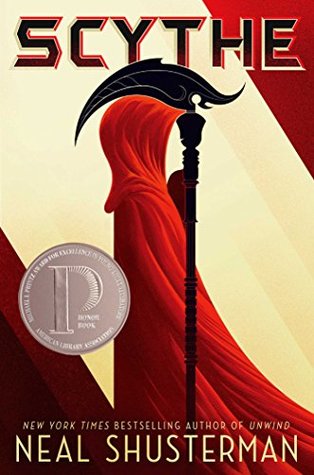
Scythe
Neal Shusterman, 2016
A world with no hunger, no disease, no war, no misery. Humanity has conquered all those things, and has even conquered death. Now scythes are the only ones who can end life—and they are commanded to do so, in order to keep the size of the population under control.
Citra and Rowan are chosen to apprentice to a scythe—a role that neither wants. These teens must master the “art” of taking life, knowing that the consequence of failure could mean losing their own.
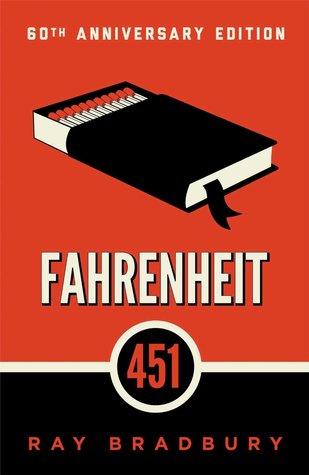
Fahrenheit 451
Ray Bradbury, 1953
Guy Montag is a fireman. In his world, where television rules and literature is on the brink of extinction, firemen start fires rather than put them out. His job is to destroy the most illegal of commodities, the printed book, along with the houses in which they are hidden.
When his wife Mildred attempts suicide and his eccentric young neighbor Clarisse suddenly disappears, Montag begins to question everything he has ever known.
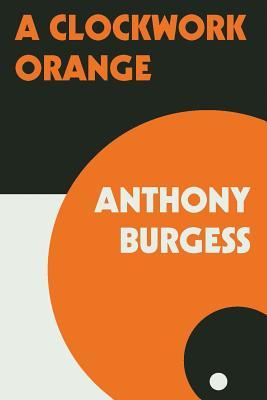
A Clockwork Orange
Anthony Burgess, 1962
In Anthony Burgess’s influential nightmare vision of the future, criminals take over after dark. Teen gang leader Alex narrates in fantastically inventive slang that echoes the violent intensity of youth rebelling against society. Dazzling and transgressive, A Clockwork Orange is a frightening fable about good and evil and the meaning of human freedom.
